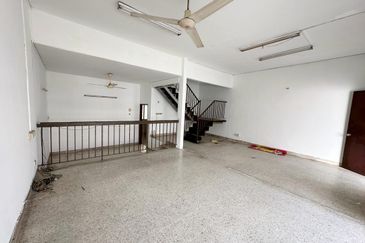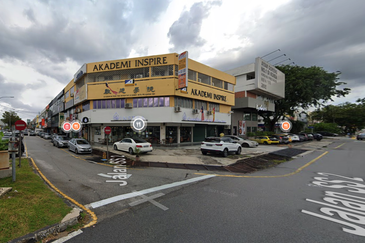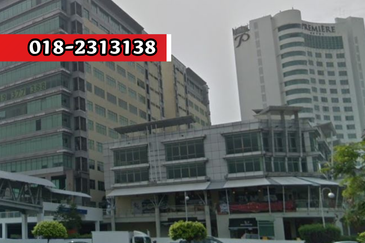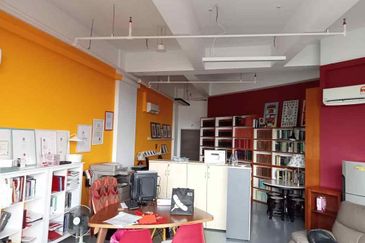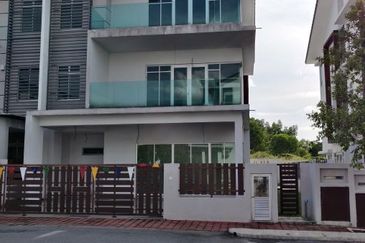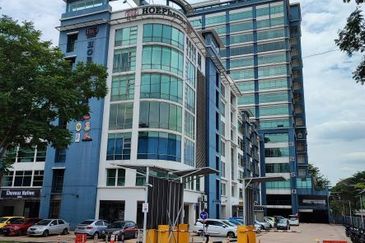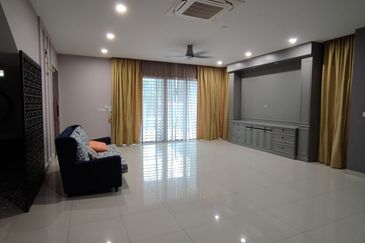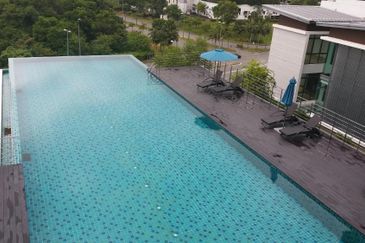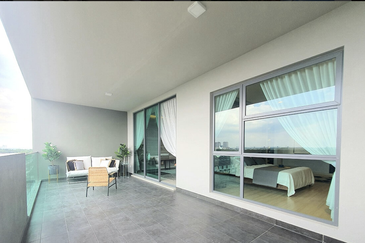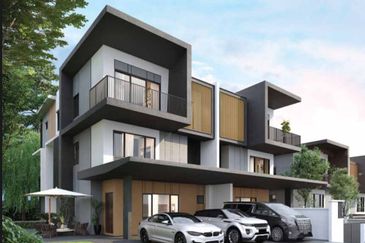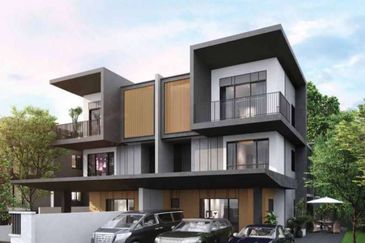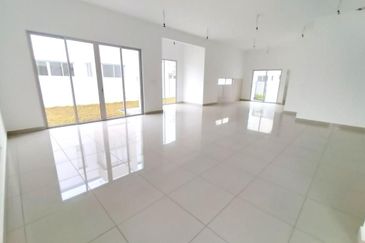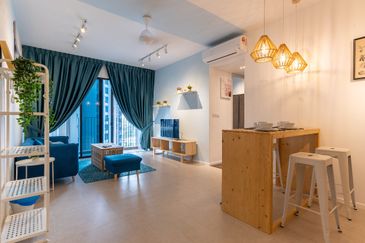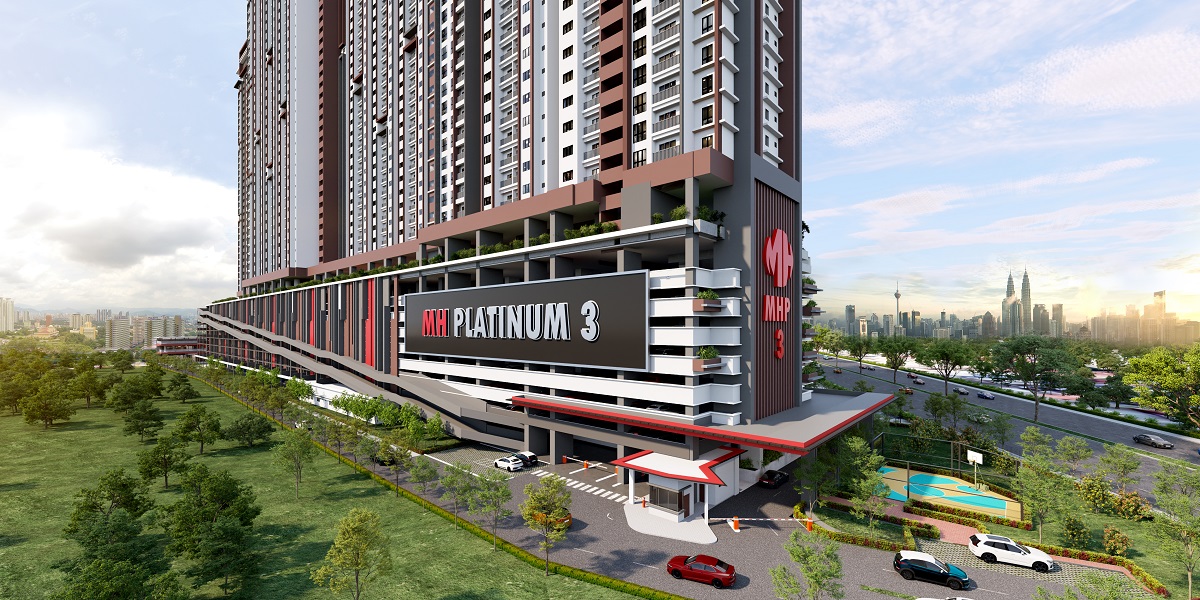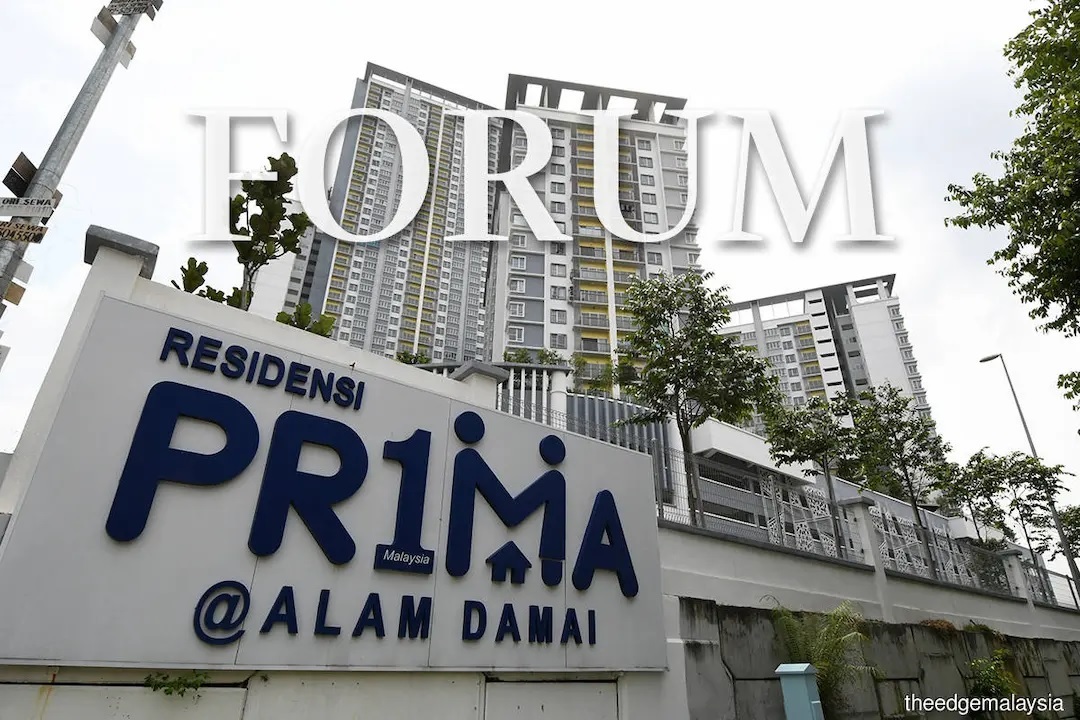
- PR1MA must be held accountable for all its decisions. There must be total transparency in its finances. Does it have a road map for the way forward? How is it going to clear its unsold stock?
In May this year, Local Government Development (KPKT) Minister Nga Kor Ming assured Malaysians there would be no more PR1MA Corporation Malaysia (PR1MA) sick projects come 2024. This is good news for affected buyers who are still waiting for their dream homes.
That KPKT is working to complete all the PR1MA projects that have been launched is the very least we can expect from a responsible government aspiring to facilitate more first-time homeowners. Furthermore, PR1MA is legally bound to meet its contractual obligations to buyers.
The completion and handing over of the properties does not mean the end of PR1MA’s responsibilities. In fact, it is the easier part. Clearing PR1MA’s inventory of both housing and commercial units quickly is the ultimate test.
To recap, PR1MA, or Perbadanan PR1MA Malaysia, was established under the PR1MA Act 2012. Its objective is to “plan, develop, construct and maintain high-quality housing with lifestyle concepts for middle-income households in key urban centres”. In short, it is entrusted with providing modern and comfortable homes that are affordable.
Introduced at a time when property prices were rising fast, PR1MA was ushered into the market in a big way; thousands of hopefuls put their names down to buy their dream homes. Fast forward to the present, only a handful of projects have sold well, with many units awaiting owners or occupiers.
How extensive is PR1MA’s unsold inventory? Save for details on where they are located and descriptions of the project layouts and pricing, your guess is as good as mine. Most of these are strata units, and some have been completed for years.
Certainly, PR1MA homes are a significant contributor to Malaysia’s housing overhang. The National Property Information Centre, or Napic, must furnish the public with the relevant information to enable both property buyers and the building fraternity to make informed investment decisions.
Any astute property investor would know that the prospects of finding buyers for a project tend to diminish with time. A new launch usually evokes a sense of buying euphoria. However, the excitement wanes over time. In addition, buying interest is often distracted by other new launches that are unveiled.
Interestingly, the so-called property cycles that are relied upon to make investment decisions are far from dependable. Thus, it is not uncommon for property gurus to move the goalposts when making their market predictions.
Be that as it may, the current weak market sentiment is is definitely no help to PR1MA, which faces discerning and slowing demand in a highly competitive market. Private developers are now more agile, moving into the affordable housing market. At state level, an increasing number of affordable housing units are being rolled out and these are in direct competition with the PR1MA homes in terms of pricing, location and quality.
How, then, can PR1MA homes be made popular? I recall former PR1MA chairman Tan Sri Eddy Chen taking the bull by the horns and slashing prices by as much as 30%. The bold move resulted in some stock being cleared but, as expected, the price cut irked not only early PR1MA home buyers who did not benefit from the discount but also some private developers who felt threatened by the competition.
So unhappy were some early buyers that they took PR1MA to court. In January 2021, a total of 1,102 of these buyers lost their bid to stop the corporation from promoting any rebates or discounts when High Court judge Datuk Ahmad Zaidi Ibrahim dismissed their injunction to declare the rebates null and void.The buyers claimed to have paid around RM350,000 for the houses but, with the rebate, the price had dipped to RM250,000.
Inappropriate business model
Let us call a spade a spade. PR1MA’s business model is not only unique but less than desirable. The corporation primarily counts on its partners for land bank sourcing, in addition to building and construction expertise. Simply put, PR1MA typically takes on the entire project cost irrespective of sales achieved. Besides carrying the risk of warehousing unsold units, the corporation also has to pay their monthly maintenance fee and contribution to sinking funds.
It is perplexing how PR1MA’s project locations and development concepts were decided on. Applying the cookie-cutter mould in a dynamic marketplace affected by social and economic factors is asking for trouble. Consider this: Even the more established developers with sterling track records find themselves struggling with cash flow now.
Another headache for PR1MA are the buyer eligibility, resale moratorium and no-tenancy-allowed rules. Only Malaysians who are aged 21 and above, single or married with an individual or combined household income of between RM2,100 and RM15,000 can apply to buy a PR1MA house. They can only be purchased as a first or second home, and can only be sold on the secondary market after five years. Meanwhile, the units cannot be tenanted. While these rules were understandably established to prevent property speculation, they are now an albatross around PR1MA’s neck.
The corporation’s finances need to be examined. The latest annual report available on its website is for 2020. It is only logical to assume that the pandemic would have taken a toll on its bottom line and cash flow. It is noteworthy that, in 2017, PR1MA and four banks signed an agreement to raise RM5 billion via a combination of sukuk programmes and a syndicated credit facility to provide medium-term liquidity for its ongoing projects. Proceeds from the proposed exercise were reportedly to be used to finance 89 of PR1MA’s projects nationwide, comprising 89,449 homes with an estimated gross development value of more than RM23 billion. Has PR1MA met or is it able to meet its obligations, which are guaranteed by the government?
An insight into PR1MA’s financial state can be gleaned from what Chen, a well-established and respected property player, said in May 2019 — that PR1MA might be dissolved pending due diligence and a turnaround plan.
That did not happen. Instead, in April this year, PR1MA said it was banking on the industrialised building system (IBS) to build more affordable homes. Towards this end, it recently inked a memorandum of understanding with SANY Construction Industry Development (M) Sdn Bhd (SCID), a subsidiary of China-based SANY Group, to set up IBS factories in strategic locations.
Details of this collaboration are not clear. What is clear is that IBS is no simple business venture. Not only does it demand a huge investment outlay, but economies of scale and building schedule precision are also crucial for its success. Has PR1MA considered all this?
Is PR1MA still relevant?
As we speak, the Malaysian property market is changing, affected by industry and affordability issues. So, it would be difficult for PR1MA to conduct its business as usual.
PR1MA must be held accountable for all its decisions. There must be total transparency in its finances. Does it have a road map for the way forward? How is it going to clear its unsold stock?
Interestingly, there is talk that PR1MA might go into building higher-end products to cross-subsidise the building of affordable homes. For the sake of all Malaysians, I hope these are mere rumours.
After more than a decade, PR1MA has failed to impress. Let us pull no punches here. Malaysia cannot afford to throw good money after bad — that’s the Real Deal.
PR1MA needs a total rethink. Is it still relevant in the current context? Is the Madani government prepared to act in the best interest of all Malaysians?
Au Foong Yee ([email protected]) is an editor emeritus at The Edge Malaysia.
Looking to buy a home? Sign up for EdgeProp START and get exclusive rewards and vouchers for ANY home purchase in Malaysia (primary or subsale)!
TOP PICKS BY EDGEPROP
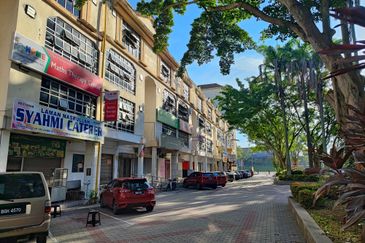
Nilai Square Commercial Center
Nilai, Negeri Sembilan

Pearl Villa Townhouse
Bandar Saujana Putra, Selangor
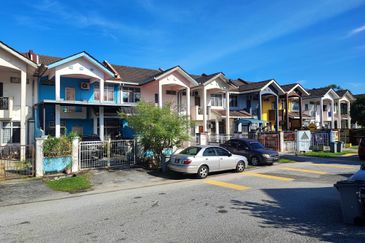
Taman Desa Anggerik, Bandar Baru Nilai
Nilai, Negeri Sembilan
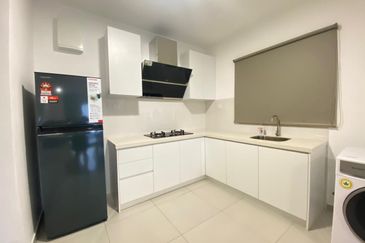
Duduk Se.Ruang @ Eco Sanctuary
Kuala Langat, Selangor
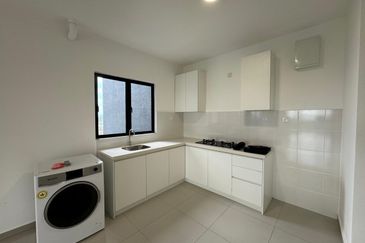
Duduk Se.Ruang @ Eco Sanctuary
Kuala Langat, Selangor
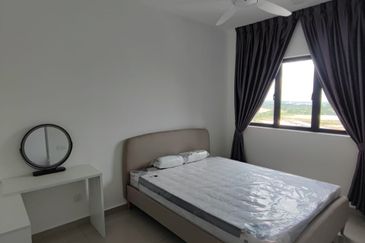
Duduk Se.Ruang @ Eco Sanctuary
Kuala Langat, Selangor

